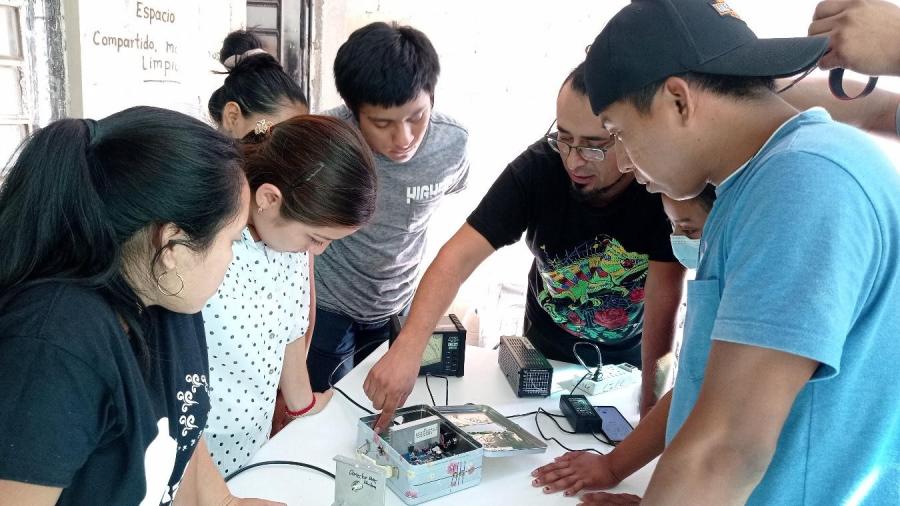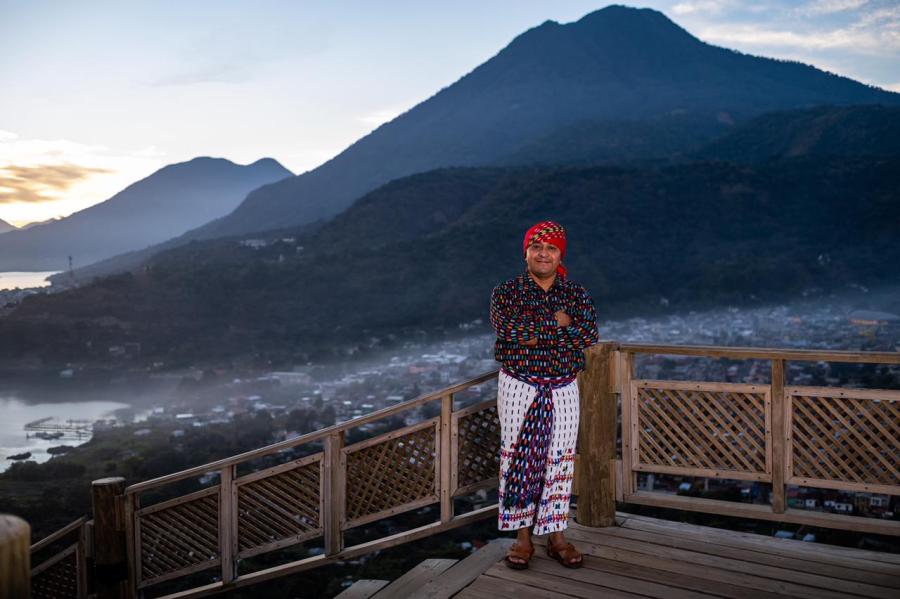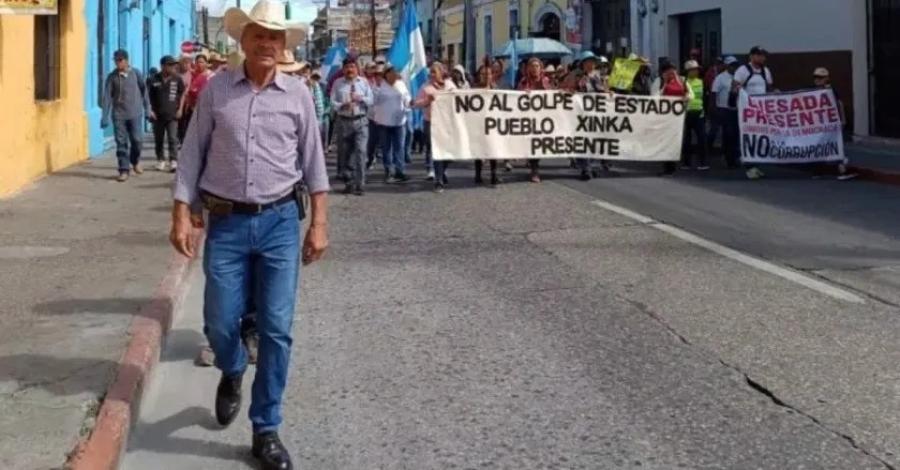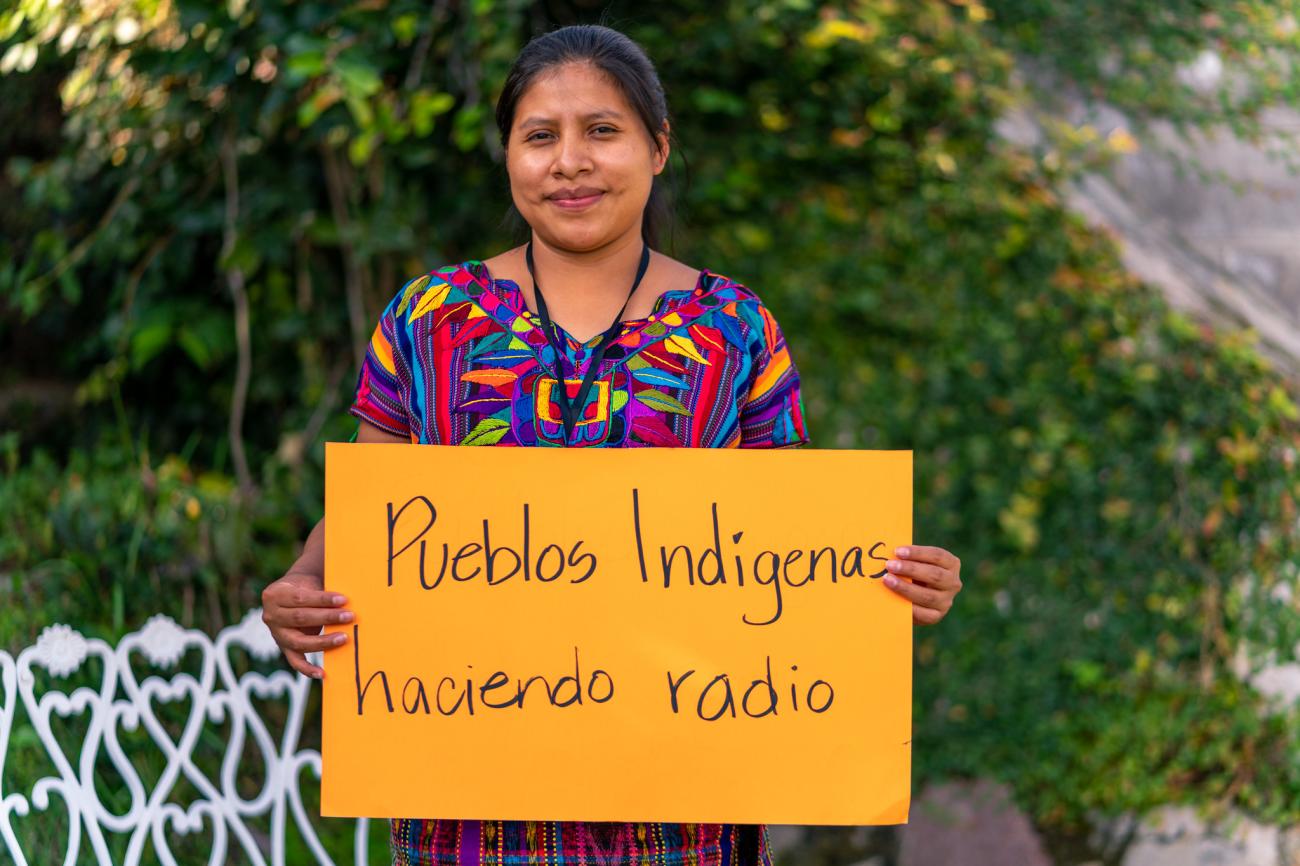
In September 2022, Cultural Survival and our partner Asociación Sobrevivencia Cultural submitted an alternative report for the 72nd session of the UN Committee on Economic, Social and Cultural Rights (CESCR). This report evaluates the progress of the State of Guatemala related to its commitments to uphold the rights of Indigenous Peoples enshrined in the International Covenant on Economic, Social and Cultural Rights and provides recommendations to the State to improve its compliance with these rights.
The Committee on Economic, Social and Cultural Rights met in early October to examine the information that was submitted on Guatemala. On October 14, 2022, it adopted its Concluding Observations after the country’s review, taking into account all the reports that had been submitted to evaluate Guatemala’s human rights record. Cultural Survival is pleased to report that several of our recommendations were included in the Concluding Observations.
One of our major concerns is the lack of freedom of expression and ability to exercise cultural rights faced by Indigenous Peoples in Guatemala due to the persecution of Indigenous community radio stations. As we stated in our report, Guatemala's domestic regulations exclude Indigenous Peoples from legally guaranteed access to the radio spectrum and criminalize the operation of their community radio stations. Operating licenses are granted to the highest bidder, which tend to be corporate controlled interests. Indigenous Peoples who do manage to broadcast through their community radio stations are criminalized through raids, seizure of their equipment, and prosecution of radio staff and volunteers.
Through these actions, the State of Guatemala violates the 1996 Peace Agreements as well as the United Nations Declaration on the Rights of Indigenous Peoples (Articles 1, 2, 3, 4, 5, 16, and 38), International Labor Organization No. 169 (Article 30), and the International Covenant on Civil and Political Rights (Articles 1, 2, 19, 26 and 27). It also fails to comply with the ruling issued by the Inter-American Court of Human Rights on October 6, 2021, which declared the State of Guatemala internationally responsible for violating the rights to freedom of expression, equality before the law, and to participate in the cultural life of the Indigenous Peoples of Guatemala, and demanded the State to adapt its internal regulations in consultation with Indigenous Peoples to redress these violations.
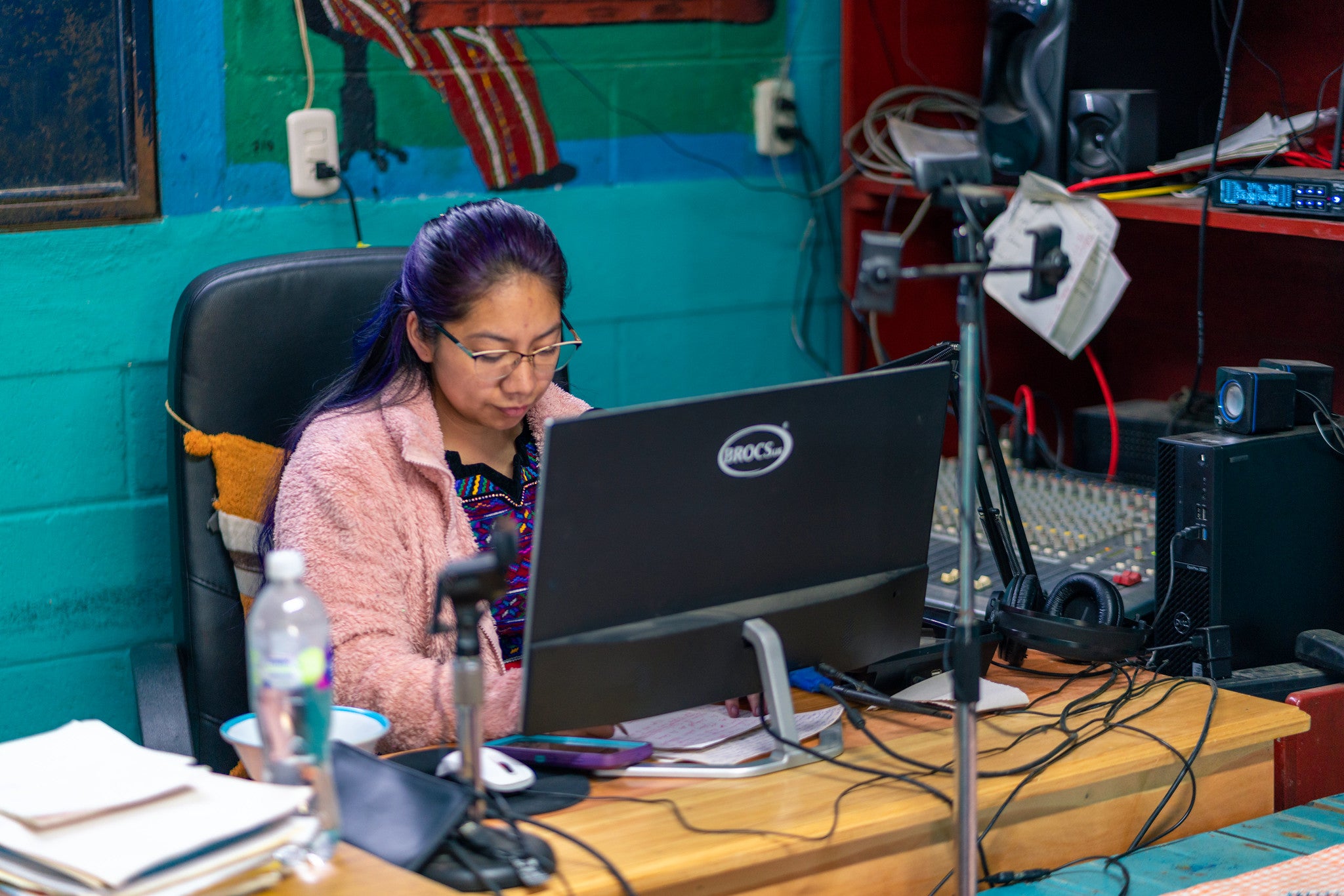
Regarding our recommendation, the Committee included the following observation in its report:
"The Committee is concerned about the constant persecution to which Indigenous community radio stations have been subjected in the State party, which has significantly limited their rights to freedom of expression and their cultural rights.”
It issued the following recommendation to the State of Guatemala:
"The Committee urges the State party, with the participation of the indigenous peoples, to adopt a community media legal framework that respects their right to participate in cultural life. It also urges the State party to adopt the necessary measures to prevent the arbitrary use of criminal law to criminalize Indigenous community radio operators. It further urges the State to adopt the necessary measures to comply with the ruling of the Inter-American Court of Human Rights in the case of the Maya Kaqchikel Indigenous Peoples of Sumpango et al. v. Guatemala, issued on October 6, 2021."
We applaud the Committee's inclusion of this important recommendation in the report submitted to the State of Guatemala and urge the government to take the necessary measures for a full implementation of these observations in its national legislation as soon as possible.
Cultural Survival and Asociación Sobrevivencia Cultural also issued recommendations regarding Indigenous rights and environmental defenders, emphasizing the multiple observations that Guatemala had already received in previous reports. Since March 2017, there have been at least 38 attacks against Indigenous rights and environmental defenders in Guatemala, according to non-exhaustive data compiled by Cultural Survival. The report also stresses the importance of compliance with the ruling of the Inter-American Court of Human Rights, which, in 2014, instructed the State of Guatemala to develop a public policy to protect human rights defenders. The Committee issued the following recommendation pertaining to this ruling:
"Adopt the necessary measures to prevent the use of criminal law for the arbitrary criminalization of economic, social and cultural rights defenders, including the rights of Indigenous and Afro-descendant Peoples."
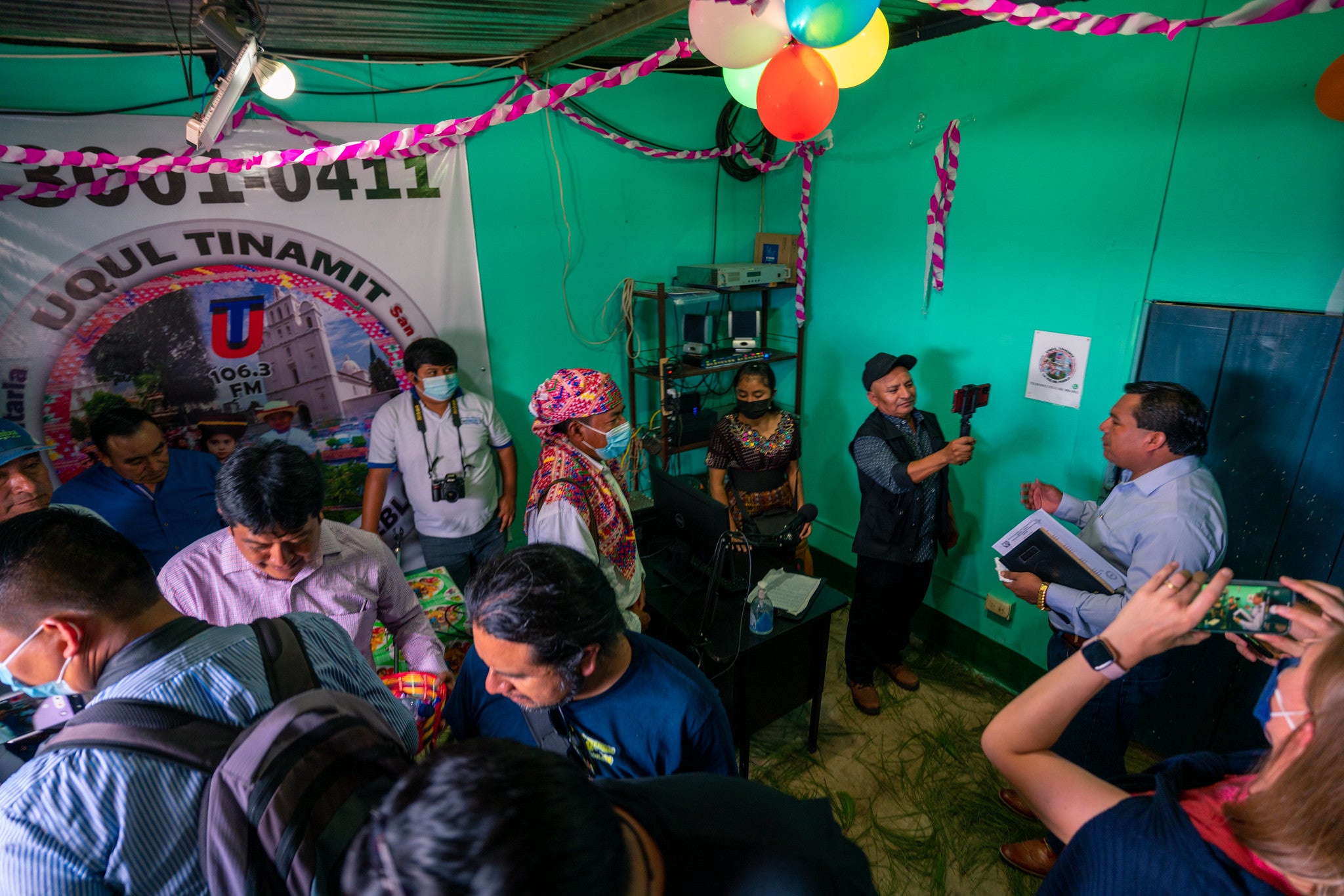
Much of the violence suffered by Indigenous environmental defenders is linked to violations of communities' right to Free, Prior and Informed Consent. Attacks are often related to complaints made by the defenders regarding mineral extraction or energy generation projects that are implemented in their territories without their consent. Cultural Survival and Asociación Sobrevivencia Cultural recommended to obtain Free, Prior and Informed Consent for any bill that affects Indigenous Peoples and for any development plan in their territories.
The Committee dedicated a specific section to the right to prior consultation of Indigenous Peoples, indicating that the State of Guatemala, in consultation with the Peoples themselves, must design and implement legally binding criteria to guarantee the right to Free, Prior and Informed Consent, especially before granting licenses to carry out economic activities in their territories. The Committee encourages the guarantee of this right, but uses the concept of consultation in place of consent. According to their rights under the UN Declaration on the Rights of Indigenous Peoples, Indigenous Peoples have the right to be consulted and to give or withhold their Free, Prior and Informed Consent on any initiative that affects them.
The report also expresses concern about the persistent discrimination faced by Indigenous Peoples in the enjoyment of their economic, social, and cultural rights, highlighting the disproportionate impacts suffered by Indigenous Peoples in access to health, COVID-19 vaccines, and education. It also highlights that the illiteracy and poverty rates continue to be significantly higher for Indigenous Peoples than for the rest of the population.
We welcome such inclusion of Indigenous Peoples' rights in the Committee's report with hope and optimism that the recommendations will encourage the State of Guatemala to take the necessary steps to carry out full implementation of international standards and regional rulings of the Inter-American Court to guarantee the rights of Indigenous Peoples.
